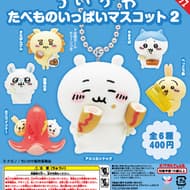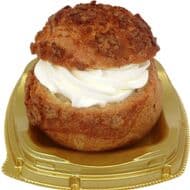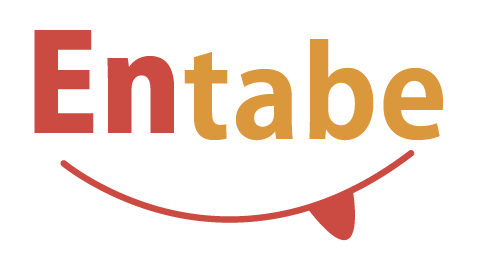"The only way to enjoy pancakes is to line up in a queue and eat the hottest pancakes. I think there is also a way to enjoy pancakes a little more enthusiastically."
Ken Albala's book "History of Pancakes" is recommended for those who want to get involved with pancakes in "maniac". It describes the definition of pancakes, their origins, pancake events held around the world, and "pancakes that have been around for a long time in Japan."
Ken Albala has written a book of about 160 pages with pancakes alone. Don't you care what exactly is written? This time, I would like to introduce you to the deep world of pancakes that he talks about.
■ What is "pancake" defined by Ken Albala?
What is pancake in the first place? Usually, it's about "cake baked in a flat pot".
Ken Albala is different. He seems to be a university professor and has defined pancakes tightly.
"Pancake is a starch-based food that is made by pouring the dough onto a hot frying pan or iron plate and cooking it until it hardens."
According to this definition, not only hot cakes, but also crepes and galettes, and even okonomiyaki and takoyaki are classified in the "pancake" category. Also, the crispy ice cream cones are also "relatives" of pancakes.
Japanese people often argue about "Which is better, Hiroshima-style or Osaka-style okonomiyaki?", But such a story is powerless in front of Mr. Ken Alvara. Because both are made into "pancakes".
■ Is pancake "meat"?
When you think of pancakes, you usually think of them as "sweets" or "flour". But according to Ken Albala, pancakes are "meat." What is pancake "meat" ...? What exactly does that mean?
According to this book, pancakes made by mixing wheat flour with the "protein" of eggs and milk are highly nutritious and play the roles of both bread and meat (protein) at once. It is cheap, hungry and easy to make, and it seems to be a perfect food for farmers and workers all over the world who want to quickly recharge their energy.
This is what the "Rural Housewife's Friend" quoted in this book says.
"Pancakes are a really good food for farmers, free farmers (Yeoman), and the gentleman class .... It's easy to make, it's portable, and it's also a meat and bread ... "
Mr. Tomiyama, who has long been argued that pancakes are meat, also talks about the “meatiness” of pancakes from a different perspective.
"Pancakes are meat. At long-established pancake shops, customers sometimes specify the roasting condition such as rare and well-done, and they are treated like meat. You can also eat pancakes with a knife and fork. Evidence that is meat "
■ "Nostalgia" seen in Japan's representative pancake "Dorayaki"
Ken Albala argues that pancakes are a food that is directly linked to childhood memories and fun memories and invites "nostalgia." And it is said that there are pancakes in Japan that are associated with "nostalgia" for a long time. That is "Dorayaki".
"It's not just a Western phenomenon that connects pancakes with nostalgia and family-centric values. In Japan, dorayaki occupies a similar position to pancakes."
Taking Doraemon, one of Japan's leading manga, as an example, Ken insists on the inseparable relationship between Doraemon's favorite food, Dorayaki, and the children who are readers of the manga.
"Dorayaki is also a favorite of the famous character" Doraemon (cat-shaped robot) "that appears in the manga. The relationship between Dorayaki and children is quite similar to the relationship between pancakes and children in the West. It can be said that it is a strong one. "
... It's a peculiar view, but I feel like it's surprisingly right.
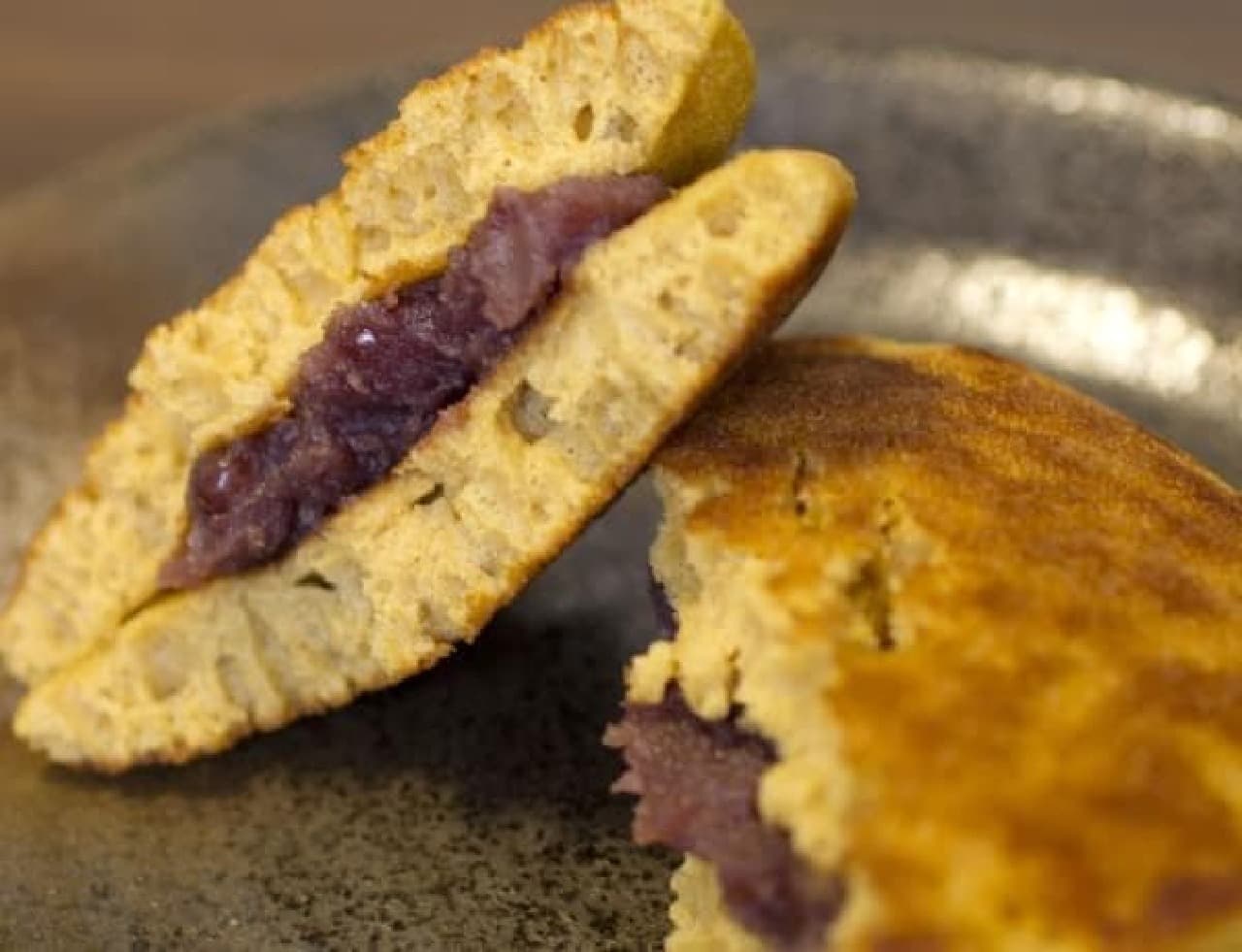
■ World's "rare" events related to pancakes
Ken Albala's pancakes don't end there. We have also introduced events and festivals related to pancakes around the world. You don't usually know that there is such a thing.
The "Pancake Race" featured in this book is a traditional event with roots in the UK. Contestants wear dresses and aprons, wear scarves, turn pancakes over, and head for the church. Recently, some men dress up as women and run. On page 99, there is an anecdote that triggered this surreal race.
"One morning, when a particularly enthusiastic minister rang the bell, there was a housewife who was just baking pancakes. She jumped out with a frying pan in her apron and was about to make it. He said he rushed to the church, flipping it over and over again so as not to waste the pancakes. "
Indeed, by running towards the church in the same fashion as a devout and serious girlfriend, she may be showing respect and loyalty to both Christ and pancakes.
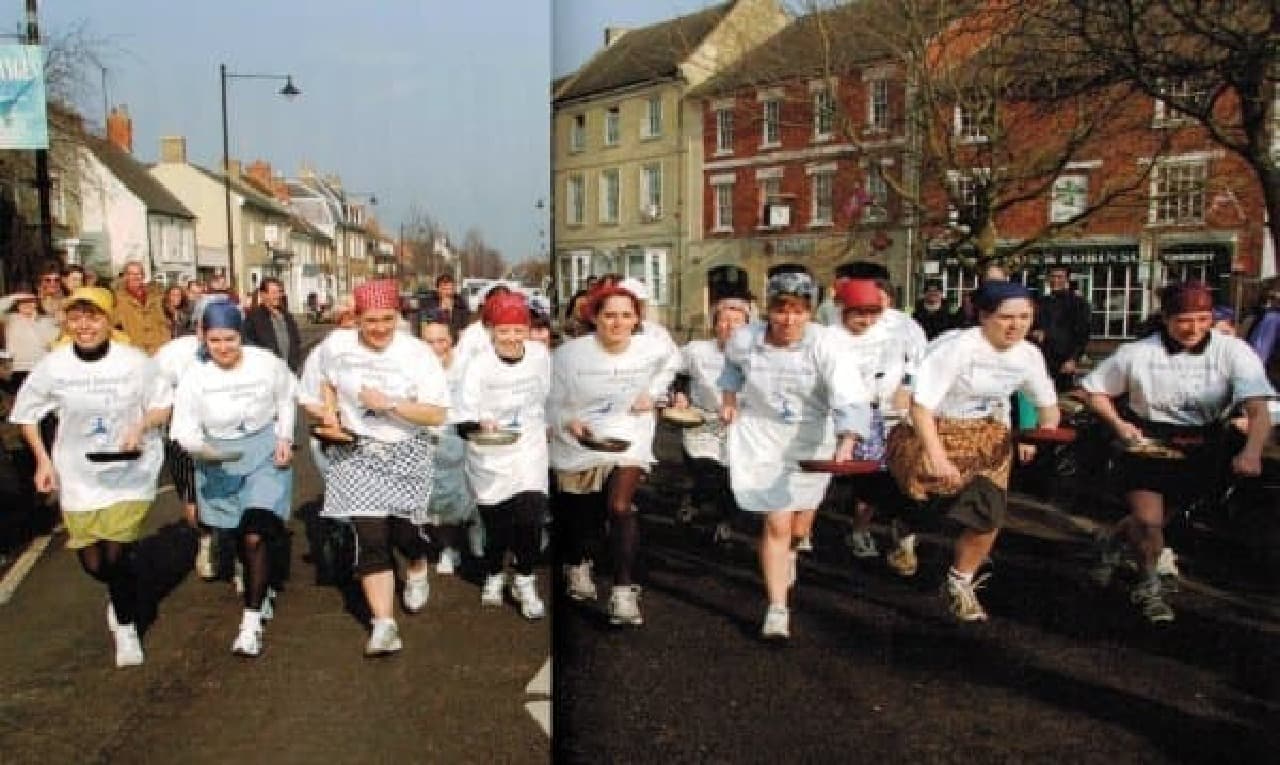
Tomiyama says about the relationship between pancakes and festivals.
"Pancakes have a long history, so there are many cultural events that seem very strange to Japanese people."
so. Pancakes were eaten all over the world long before the boom, and they also created cultural events associated with them.
If you want to know more about pancake history and events, read Ken Albala's "Pancake History Story". You can buy it at Amazon.co.jp etc.!
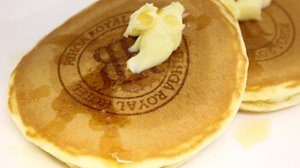
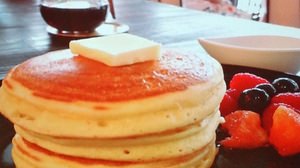
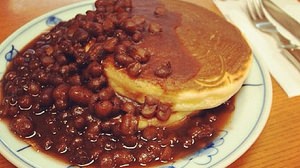
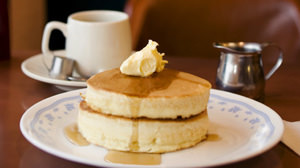

![Encounter of "Pancake Note" and "Manga Shokudo" --Pancakes that appear in manga [Part 2]](https://image.entabe.jp/upload/articles/2063/pancakemain_special.jpg)
![Encounter between "Pancake Note" and "Manga Shokudo"-Pancakes that appear in manga [Part 1]](https://image.entabe.jp/upload/articles/2062/pancakemain_special.jpg)
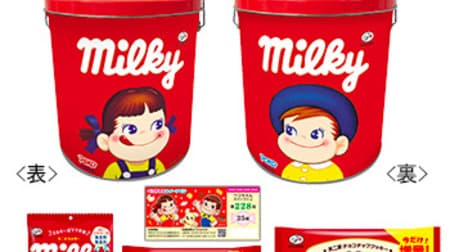
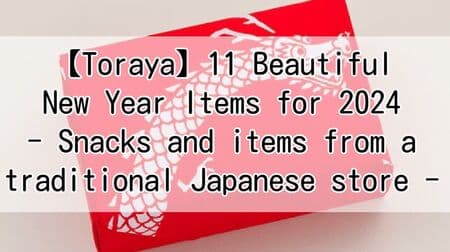
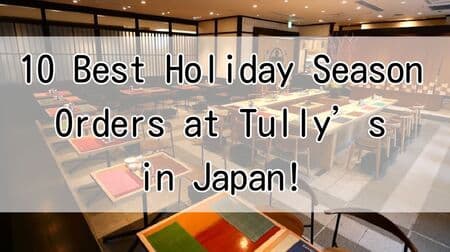

![[November 2023] Fujiya New Cake (Sweets) Summary: Release Date, Sales Period, Price (Price) "Fujiya's Chiffon Cake (Shine Muscat)" etc.](https://image.entabe.jp/upload/articles/56004/3c8044e6c70f93cb10b5a58e2aa0ce58_special.jpg)
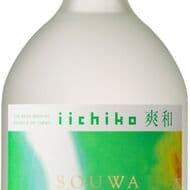
![Lotte "Nama Choco Pie" finally lands in Hokkaido! Limited quantity "Nama Choco Pie [Italian Tiramisu]" is also available!](https://image.entabe.jp/upload/articles/55916/acc3b61aeb4276b095f3e82e05cde06c_related.jpg)
